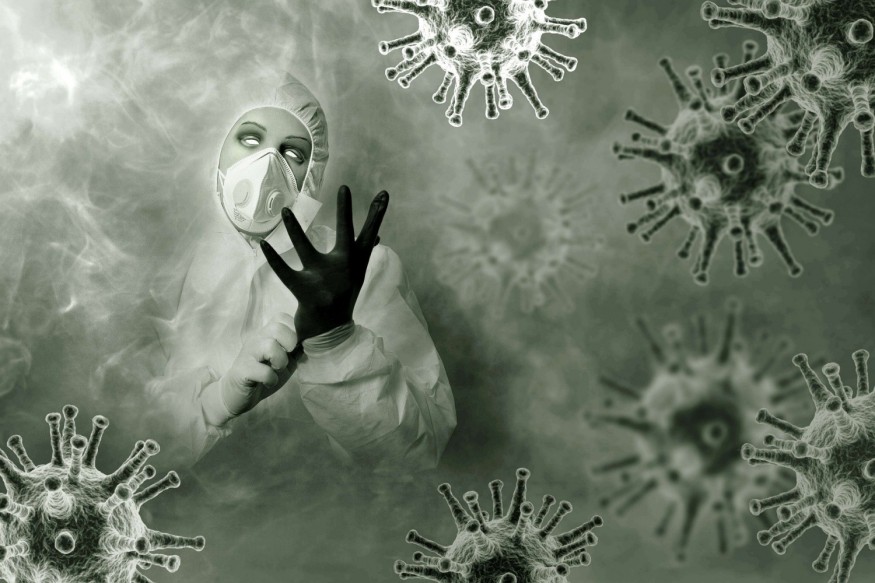
Wuhan scientists created variants of the coronavirus without any malicious intent, a leading Russian microbiologist said.
In a report by the Daily Mail, Dr. Prof. Peter Chumakov from the Engelhardt Institute of Molecular Biology, Russian Academy of Sciences, said, "In China, scientists at the Wuhan Laboratory have been actively involved in the development of various coronavirus variants for over ten years."
Dr. Prof. Chumakov added the scientists were studying the coronavirus' pathogenicity and not deliberately creating a manmade killer. As of April 24, 2020, the Coronavirus Disease 2019 (COVID-19) has over 2.7 million confirmed cases, 730,000 recoveries, and 190,000 deaths worldwide.
The scientists were possibly aiming for a vaccine for human immunodeficiency viruses or HIV.
The world-renowned scientist told the newspaper Moskovsky Komsomolets, "There are several inserts, that is, substitutions of the natural sequence of the genome, which gave it special properties."
Regardless of the outcome, Dr. Prof. Chumakov said the Chinese scientists "did absolutely crazy things." He added, "The picture of the possible creation of the current coronavirus is slowly emerging."
No time for blame games
Dmitry Peskov, the spokesperson of Russian President Vladimir Putin, said accusing anyone of creating the coronavirus is unacceptable. Peskov told US News, "Scientists and experts still lack necessary data to determine the nature of the novel coronavirus, and any groundless allegations about its artificial origin are unacceptable."
Dr. Prof. Chumakov is also connected to the Federal Research Centre for Research and Development of Immunobiological Preparations in Russia.
Pres. Putin's former health minister Veronika Skvortsova, who heads the Federal Medical-Biological Agency in Russia, said it is not easy to determine if the pandemic is manmade. "This question is not that easy. It demands a very thorough study," she said to Channel One, which was reported by the Daily Mail.
Skvortsova added fragments of the COVID-19 and Severe Acute Respiratory Syndrome are 94 percent similar, but the rest are different. "I think we must conduct a very serious research," she said.
Research can save everyone
Current research suggests pangolins are not responsible for the COVID-19 pandemic. According to the Consortium News, "a recent study under review shows that the genome of the coronavirus isolated from the Malaysian pangolin (Manis javanica) is less similar to SARS-Cov-2, with only 90 percent of genomic concordance."
The Consortium News added the virus that causes COVID-19, the Severe Acute Respiratory Syndrome Coronavirus 2 (SARS-Cov-2), "is the result of a recombination between two different viruses, one close to RaTG13 and the other closer to the pangolin virus."
RaTG13 refers to the name, rank, and serial number of the feces sample of an individual horseshoe bat from the species Rhinolophus affinis. It was collected in a cave in Yunnan, China, in 2013.
According to the National Review, "bat virus didn't need to recombine with viruses in other species in a market to be infectious to people."
Bats are sold in markets and supplied directly to restaurants in China and the rest of Southeast Asia. However, there is no evidence of bats being sold in Wuhan's wet market, thought to be the source of COVID-19.
The National Review added, "The role of the wet markets may be that other animals get infected there and produce much higher loads of virus than the bats would, amplifying the infection."
Though previously reported that COVID-19 spread from a lab in Wuhan, the United States intelligence community said there is no evidence that it came from there, according to Politico.
© 2026 ScienceTimes.com All rights reserved. Do not reproduce without permission. The window to the world of Science Times.











